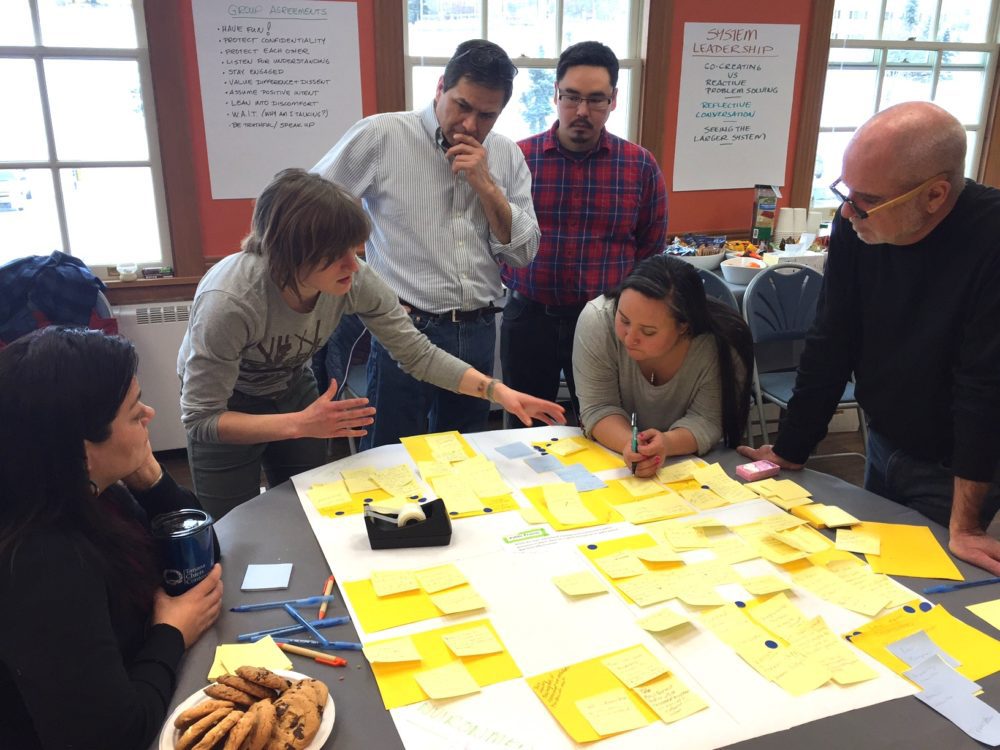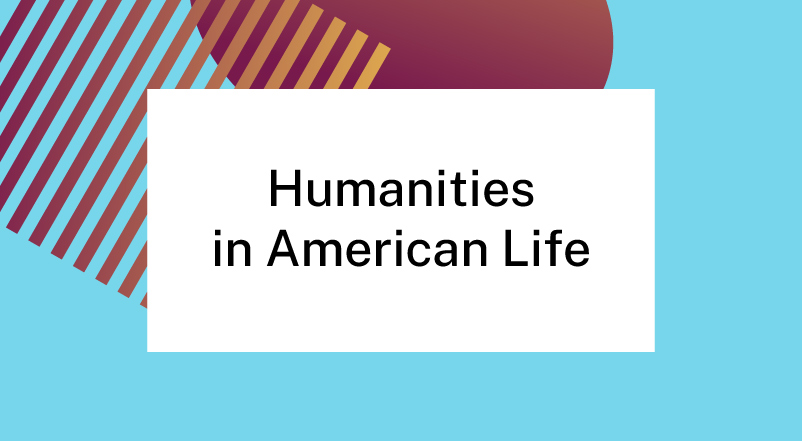Grounding ourselves in civic history means embracing generations of community. This doesn’t mean that we must all agree, but instead that we listen to one another across the different places, lived experiences, and rich cultures that make up our nation.

Humanities Support Infrastructure
From natural resources to time-honored American traditions, humanities councils tend to the spaces and structures that support and define our nation.

Why It Matters: How Does Where You Live or Come From Affect Civic Engagement?
Where we are affects what we do, and that relationship extends to civic participation across the nation. From a rural island off the mainland of Amerika Samoa to Philadelphia, a city at the center of national news during the last election cycle, that environment will motivate people’s civic investment in different ways.

Why Civics Matters: Who is Involved?
Civic engagement itself takes many forms across communities, and one of the most recognizable acts of civic engagement is voting. The right to vote has historically fallen along lines of identity. Take the Voting Rights Act of 1965, for instance, which prohibited discrimination in voting based on race—that’s only been in place for 56 years of our country’s history.

Why Civics Matters: Exploring What Civic Engagement Means Today
Given the upheaval and tragic losses of the pandemic, among so many other unprecedented events that have since materialized, it makes sense that our ideas about civic tenets like community, responsibility, and involvement are changing.

Detroit: A City Built on Humanities
Distinguished University Professor in African American Studies at Wayne State University and Adjunct Professor in the Department of Afroamerican and African Studies at the University of Michigan, Dr. Melba Boyd sees the humanities as playing a specific and significant role in Detroit’s evolution. In turn, she notes, looking at that development also helps us understand changing perceptions of the humanities at large.

Schwartz Prize Insights: A Q&A with Two of Last Year’s Winners
Last year, our nation faced exceptional circumstances, and humanities councils responded in kind with an incredible array of programming. So for the first time, the Federation awarded the Schwartz Prize in two categories: one for outstanding public humanities programming and the other for innovative programming created specifically in response to the coronavirus pandemic.

Important Notice of the 2021 Annual Business Meeting
The 2021 Annual Business Meeting of the Federation House of Delegates will take place virtually on Saturday, November 13 from 4:00 to 5:30 pm EST.
Statement on the Federation’s Diversity, Equity, Inclusion and Access Work
In July 2019, the Federation board unanimously approved the following resolution: “the Federation affirms its commitment to address DEI by first developing and implementing a DEI strategy involving Federation board and staff and then assembling a task force to provide DEI leadership to councils.”

‘Chronic Catastrophe’: A New Podcast from California Humanities Emerging Journalist Fellows
“Journalism is more than just writing and reporting, journalism is so much more than that,” Camacho said. “I feel like a lot of people think journalism is a lot about just reporting the facts, and that’s about it—and it is that, but it’s also telling the stories of people who can’t use their voice.” Read more here.

Deadline Extended! The 2021 Call for Schwartz Prize Nominations
The Federation of State Humanities Councils is now accepting nominations for the 39th annual Helen and Martin Schwartz Prize, established by former Federation board member Martin Schwartz and his wife Helen to recognize outstanding work in the public humanities.

“The Future of Journalism, the Fate of Democracy” with Virginia Humanities
In Virginia alone, we lost 39 weekly newspapers between 2004 and 2020 and three dailies, a 27% decrease in news publications statewide.
